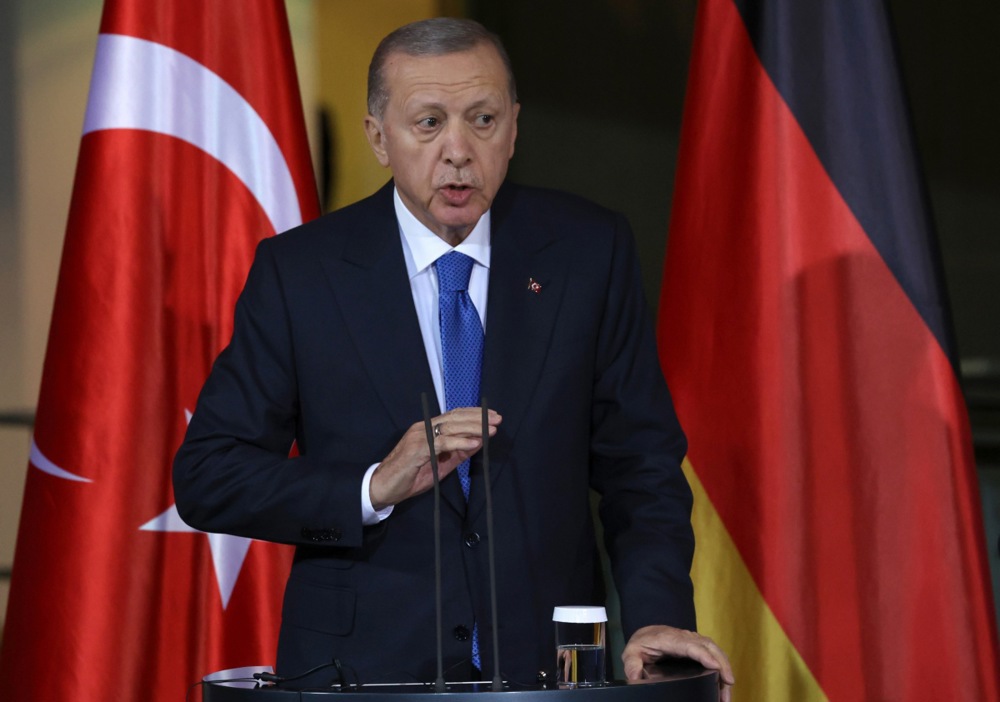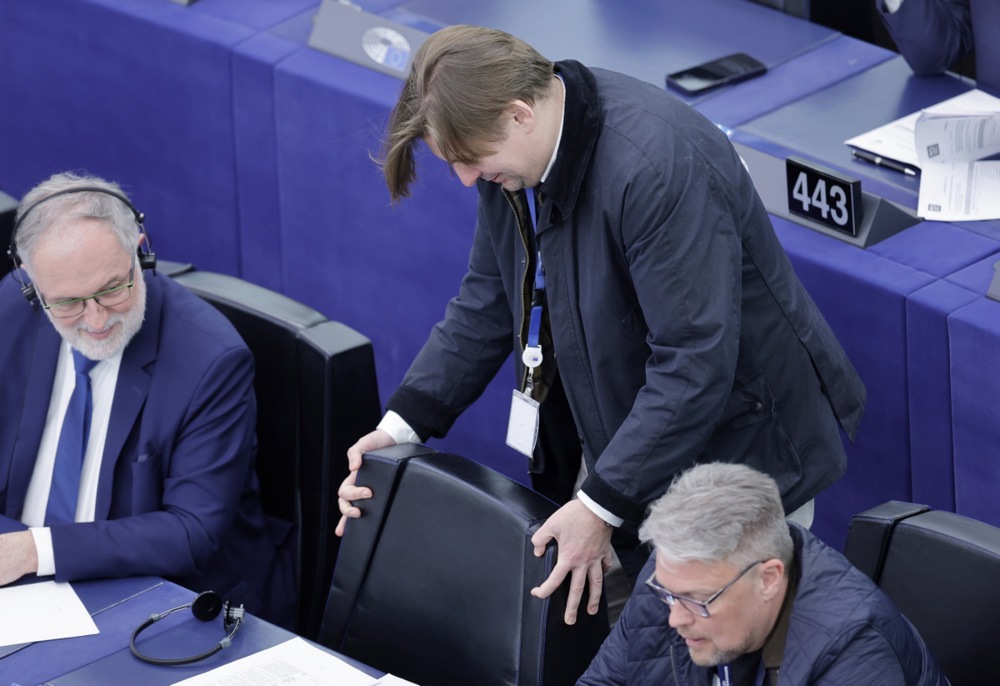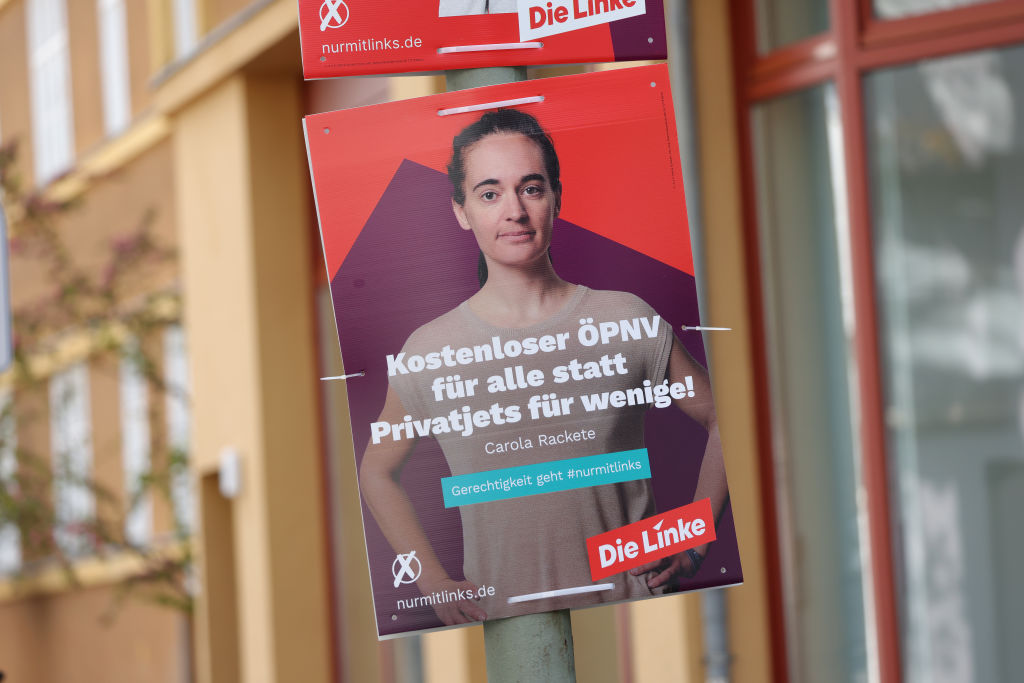A pro-China political party operating in the Netherlands has denied it is being funded by the Chinese Communist Party (CCP).
Investigative journalists claim a new Dutch Party called Nederland met een Plan (NL Plan/The Netherlands with a Plan) has ties to Beijing, with the group alleged to be receiving funding from organisations tied to Beijing.
NL Plan, which is taking part in the European Parliament elections on June 6-9 and has strong pro-Chinese viewpoints, is directly supported by the Chinese government, journalists from RTL and Follow the Money claimed on June 4.
According to the journalists, NL Plan “has strong links to individuals and organisations that are part of an international influence network of the Chinese Communist Party, known as the United Front”.
Overall, NL Plan allegedly received €42,000 in donations, with the majority coming from organisations in the United Front network.
In a press statement, the party calls the allegation “total nonsense”, claiming they have “no contacts whatsoever with the Chinese government.”
“The €42,000 in donations that RTL News refers to came from more than 60 different donors, and therefore not from foreign backers as this news programme would have you believe,” they said.
“We have done everything according to the rules of the Financing of Political Parties Act (the WFPP), and we are not doing anything illegal.”
Brussels Signal has contacted NL Plan for additional comment.
COMMENT: Peace in Ukraine, the destruction of Hamas, standing up to China: Europe should rejoice at the prospect of the re-election of Donald Trump – it will soon be emulating his policies, writes @ConradMBlack. https://t.co/wp5V4NVxnf
— Brussels Signal (@brusselssignal) April 10, 2024
According to the investigation, United Front is a branch of the CCP that aims to gain influence over high-ranking individuals and within organisations abroad and is seen as a form of foreign election interference.
One of its donating groups is the Chinese Council for Peaceful National Reunification in the Netherlands.
Andrew Chubb, a China researcher at Lancaster University in the UK told Follow the Money the body was directly led by the CCP through a “political chain of command”.
Sense Hofstede, a China researcher at Dutch think-tank Clingendael Institute, said Chinese officials create “a tangle of organisations abroad” that aim “to ensure that there is no room for other voices”.
At the same time, that also serves as a cover for other operations, he added.
Chinese-language newspapers in the Netherlands such as United Times and China Times also allegedly transferred money.
A new Dutch political party running for the EU elections has close ties with an organisation affiliated with the Chinese Communist Party (CCP).
The party has received money from the arm responsible for gaining influence outside of China.https://t.co/I1omLIacat— Follow the Money EU (@FTM_eu) June 4, 2024
In its party programme, the NL Plan claims to champion the rights of the Asian community, only mentioning China in passing.
But in Chinese language media, NL Plan strongly advocates Chinese interests.
It was founded in 2022 and only garnered a few votes in 2023 provincial elections, winning no seats.
While it appears somewhat eccentric in its convictions it is very active on social media, gathering followers with its brand of humour.
The leader of the party, Kok Kuen Chan, was born in Amsterdam after his parents moved there from Hong Kong.
Chan said he felt the Asian community did not get the attention it deserved in Dutch politics and was underrepresented.
In an article in United Times, the party sounded a different tone, speaking of “repression of China by the EU and the US”.
The outlet reported that NL Plan was “the only political party standing up against such… and speaking fairly about China”.
Three German nationals have been arrested on suspicion of working with the Chinese secret service to hand over technologies that could be used for military purposes. https://t.co/4ynvgsExb5
— Brussels Signal (@brusselssignal) April 22, 2024
Party member Dong Lili, said: “No matter if you are inside or outside China, we should all put our energy into making our motherland stronger.”
In March, she said she was “driven to promote a trustworthy, admirable and respectable image of China abroad”.
Dong leads the National Federation of Chinese Youth Associations in the Netherlands, which is connected to the Chinese Embassy and allegedly part of an influence network, according to investigative journalists.
Chan declined an interview request from Follow the Money and RTL News. In a brief response, he said he was “surprised” by their questions.
Laura Harth, a campaigns director at human rights NGO Safeguard Defenders, argued that the alleged ties with Beijing were a means by which China sought to impose its narrative and co-opt or coerce the diaspora.
“This is not something democracies should accept as a ‘normal’ expression of the freedom of assembly,” she warned.
COMMENT: China’s secret billions are buying the soul of Western universities and it's becoming a national security issue, writes @Raphfel. https://t.co/E423d8eLke
— Brussels Signal (@brusselssignal) June 3, 2024





